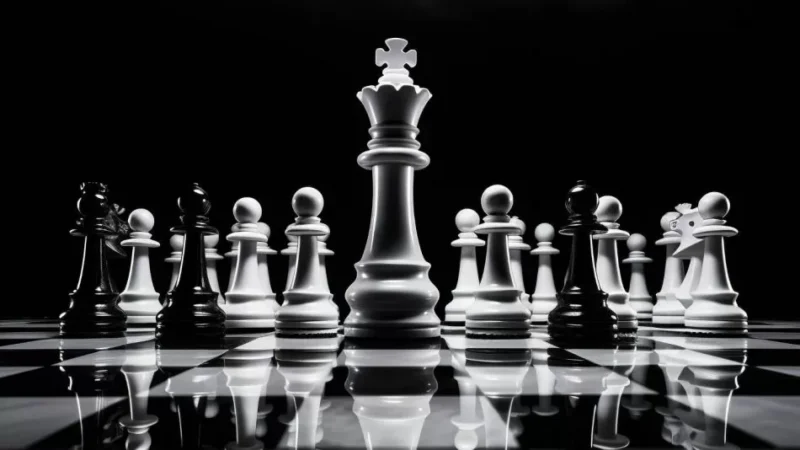In a world dominated by speed and immediacy, chess stands as a bastion of patience, strategy, and deep reflection.
A 64-square board, 32 pieces, two sides, and one goal: checkmate the King. More than a simple game, chess is a complex intellectual dance that has captivated humanity for centuries.
Its origins date back to the Indian game Chaturanga, around the 6th century AD. Since then, chess has traveled the world, evolving over time and adapting to different cultures, while maintaining its essence intact: a mental confrontation where intelligence and planning are the most powerful weapons.
Playing this sport is not just a pastime; it is a true gym for the brain. It stimulates memory, improves concentration, encourages critical thinking and problem-solving. It also helps develop planning skills, anticipation, and decision-making under pressure. Recent studies even suggest that chess can delay the onset of degenerative diseases such as Alzheimer’s.
What makes chess so fascinating is its limitless complexity. Despite the relatively simple rules, the number of possible move combinations is diverse. This strategic richness allows for endless creativity and ensures that each game is unique.
The history of chess is littered with legendary figures, master strategists, and geniuses who have dedicated their lives to mastering the game. Names like Wilhelm Steinitz, the first official world champion; Emanuel Lasker, champion for 27 years; José Raúl Capablanca, the “Mozart of chess” for his natural brilliance; and Alexander Alekhine, a brilliant and controversial strategist.
Currently, the dominant figure is Magnus Carlsen, the Norwegian considered by many to be the greatest player of all time. His solid positional style, precise calculation skills, and stamina in long games make him a formidable opponent.
Chess has experienced a boom thanks to the digital age. Online platforms allow players from all over the world to compete against each other anytime, anywhere. Chess engines, computer programs capable of analyzing positions and finding the best moves, have become indispensable tools for study and preparation.
Ultimately, it’s not just for geniuses or scholars. It’s a game accessible to people of all ages and skill levels. Learning the basic rules is simple, but mastering the game requires dedication, study, and constant practice.
Chess is much more than a game. It is an intellectual challenge, an art form, a tool for personal development, and a cultural legacy that has transcended borders and generations. A game of kings that is accessible to everyone.
By: Indira Vania López Samé
- Installation of Photovoltaic Systems in Rural Communities in Holguin - 19 de January de 2026
- 39th City Salon Opens in Holguin - 19 de January de 2026
- Habanos Festival Among Cuba’s Most Important Tourism Events - 19 de January de 2026

